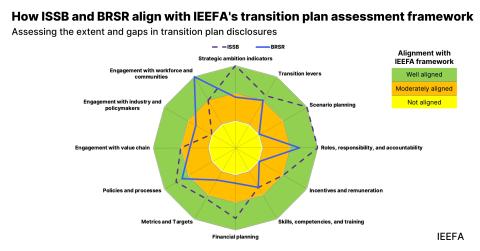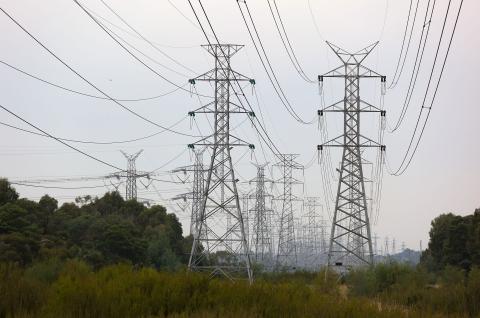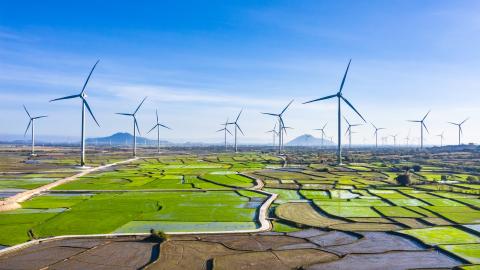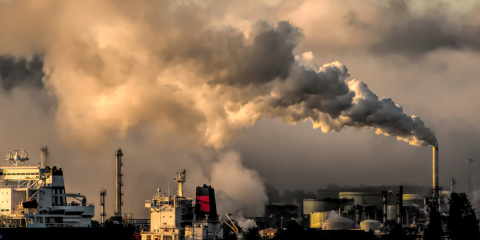Key Findings
Fifty globally significant financial institutions have introduced policies restricting oil sands and/or oil and gas drilling in the Arctic including 23 to date this year, highlighting global capital continues to flee fossil fuels.
Of those, the world’s largest multilateral lender, the European Investment Bank (EIB) has the strictest and best policy, announcing in 2019 that it will be out of all oil and gas by the end of next year.
Executive Summary
The looming stranded asset risk of oil and gas, and particularly high cost, high risk Arctic drilling and oil sands projects, have encouraged many globally significant financial institutions to reconsider their investment strategies.
This year, the financial risk of investing in oil sands was finally recognised. Oil sands – or tar sands oil – is considered the dirtiest and most climate destructive form of oil in the world, being 20% more carbon intensive than conventional crude oil. The scrapping of C$20 billion (US$15bn) oil sands project by Teck Resources in February 2020 exposed the severe financial risk associated with such projects. Canadian oil sands producers have been losing money on every barrel dug out since 2018, given oil prices below US$50 per barrel.
The situation is similarly bleak for oil drilling project developers in the Arctic region. There have been several reports showing the locking in of new oil infrastructure projects in the Arctic region will create a slow-fuse time bomb that will increase carbon emissions for decades. While these facts have been largely ignored by governments, project developers and financiers until now, the ongoing moves towards alignment with the Paris Agreement by globally significant financiers has seen growth in fossil fuel investment / lending / insurance policy restrictions, particularly thermal coal and coal-fired power generation, but more recently also oil exploration. This has wider implications for an industry already smashed by the combined demand destruction of COVID-19 and the oil trade war started by Saudi Arabia and Russia at the start of 2020.
Wall Street is also starting to bow to growing global pressure around such financially risky projects with a growing number of top banks coming out with statements. This includes Goldman Sachs which stated there is no financial rationale for Arctic exploration as these projects are immensely complex, massively expensive, and the cost overruns are making whole projects economically unviable.
Please view full report PDF for references and sources.
















